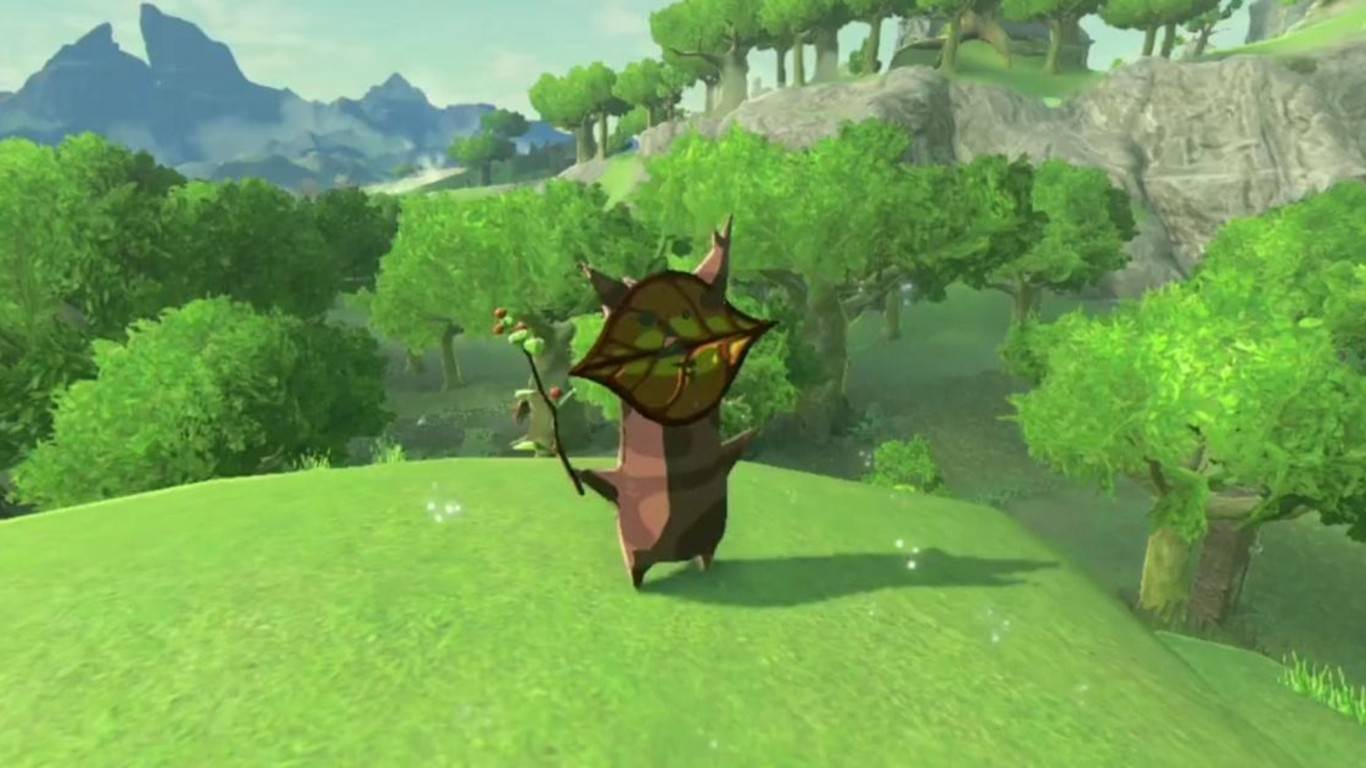We have to admit, it’s been something of a surprise to us that Ty the Tasmanian Tiger, of all franchises, has sustained the limelight for so very long. That the series made it to six (six!!) games was a shock in the first place – three main GameCube entries, a fourth game for PC and two excellent GBA titles – but to see it still kicking is not just an eyebrow-raiser, it’s almost heartening given the cynicism associated with modern mascot platformers.
Honestly, we were surprised by how much we enjoyed Ty 2: Bush Rescue (Stop sniggering at that title! Yes, you!), but its lazy charms really landed with us, having had since 2004 to grow – fester? – in our hearts. See, at the time of its original release, this game wasn’t received particularly well by critics. It must have done alright at retail, given that it was followed up with Night of the Quinkan, but it was generally considered “just another 3D platformer” amidst a very real glut of the things.
Does it live up to the likes of How or Ratchet? No, it doesn’t. But what it offers is a surprisingly expansive game, an open-world-esque mission-led adventure that has an easygoing, almost rustic
The base gameplay is much like the previous Ty, with platforming action accompanied by a host of different boomerangs to fling, but it quickly takes on more variety. There’s an entirely acceptable kart-racing mini-game which – while it obviously won’t make Mario Kart 8 sweat – is surprisingly well-featured. You’ll fly a helicopter collecting payloads, venture into a maze-like sewer to clear out the crocodiles, completely ruin a movie shoot by storming the set and of course partake in hopping, bopping jump-‘n-run fun with copious collectable currency and plenty of secrets and extra challenges locked away.
In a smart move, almost all the additional moves and boomerangs are locked behind nothing more than the standard collectable opals, meaning that even if you’re not making progress you can still save up towards something that might help you do so. That’s not to say Ty 2 is a particularly hard game, but unlike a lot of modern entries in this genre it’s not afraid to let you fail. You have infinite lives, yes, but some of the platforming asked of the player is tough and you will fall over and over again. It’s quite humorous to see that what was considered a kids’ game back then now offers a more robust challenge than most contemporary “mature” titles, but that’s a Soapbox feature for another day.
There are some problems. Getting around sees you driving across a sizeable map, which is initially cumbersome as so many routes are blocked off that there doesn’t seem to be any form of fast travel. Navigation is a touch difficult too, especially in handheld mode – the minimap is the mini-est we’ve ever seen, with the little “you are here” icon barely perceptible
It’s a nice little upscale and makes the game pop really well, especially in handheld mode. There’s a robustness to the whole thing that makes it feel well-tailored for Switch, with a locked 30fps framerate and no discernible engine struggles even when things are getting wild in the busier, more carnage-filled stages. The soundtrack’s lovely too, and the voice acting is hilarious – the characters here are so earnestly written and performed that it’s difficult not to like them.
Conclusion
What seemed unimpressive in 2004 now feels enjoyable and imaginative, and we’re not sure what that means, exactly. It’s simultaneously cheerful and challenging, and there’s a lot of joy in the journey as well as the destinations. The cursed spectre of ‘gameplay variety’ (read: jack of all trades, master of none) looms over the material, but by making the diversions brief and ultimately simple it manages to keep the player guessing to an extent throughout its languid twelve or so hour runtime. Some backtracking and minor camera issues bring things down a touch, but overall Ty the Tasmanian Tiger 2: Bush Rescue is a surprisingly solid slice of character action, and one we fear may have been underserved at the time of its original release. This is not just a sequel that’s content to rest on its laurels, and that’s worthy of respect. Hooray! We made it through the whole review without any silly, lazy Aussie clichés. That’s bonzer, mate!








